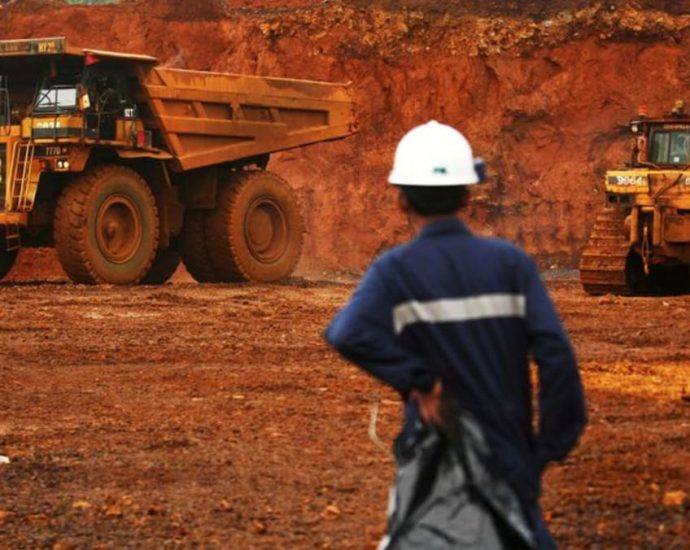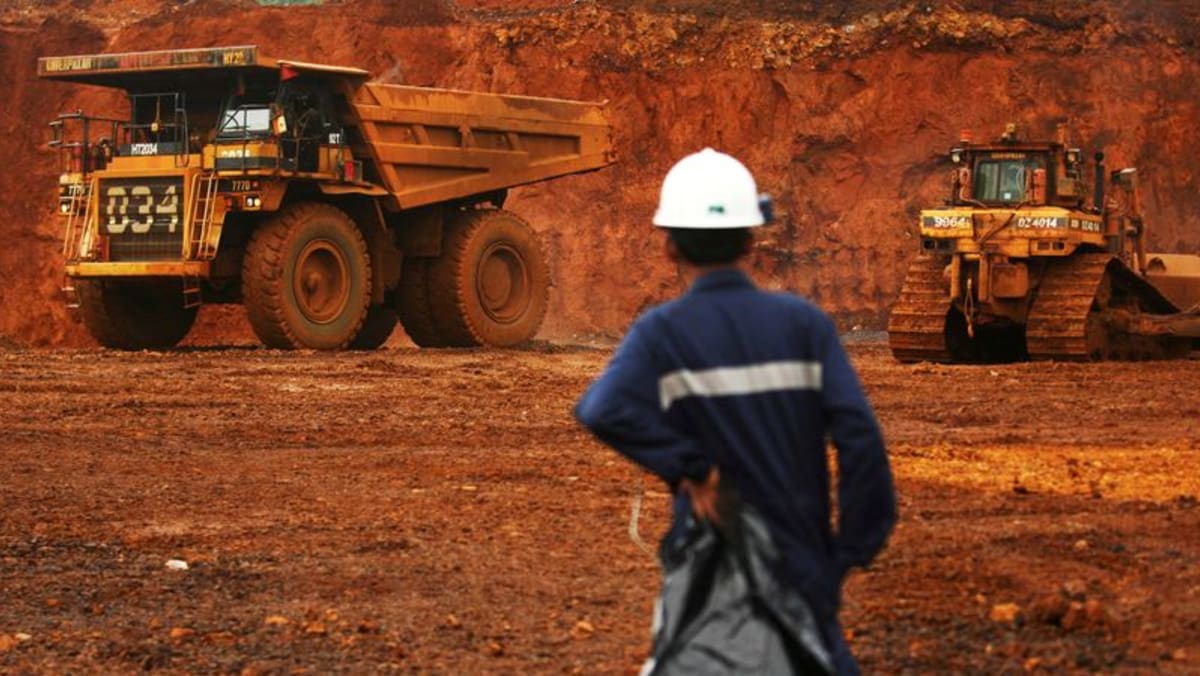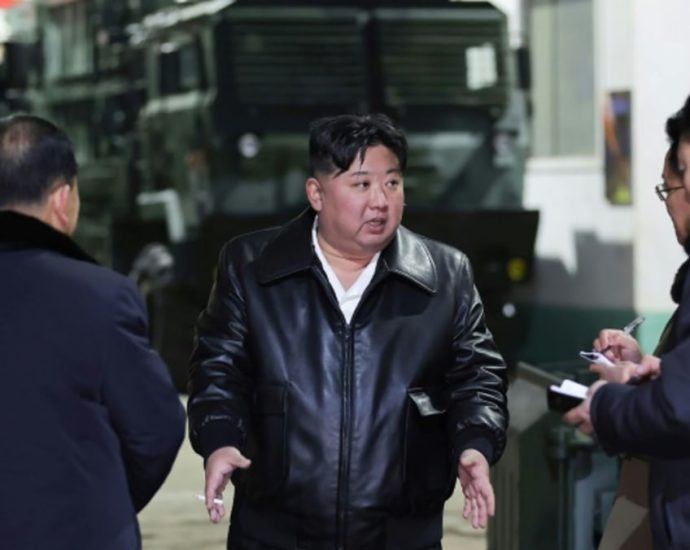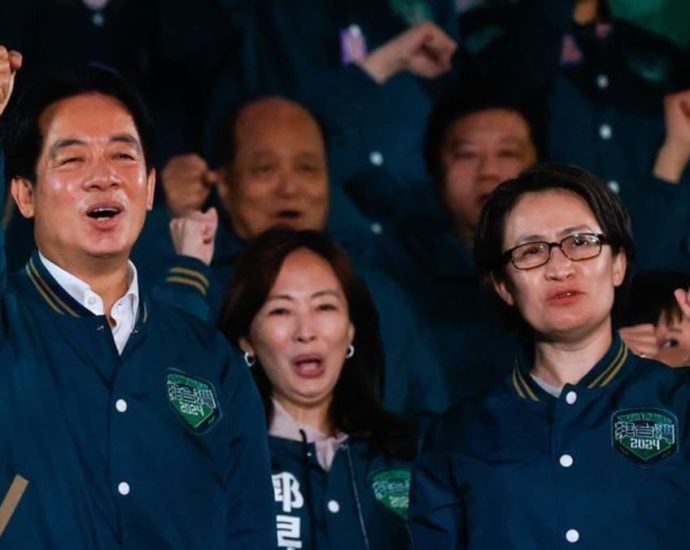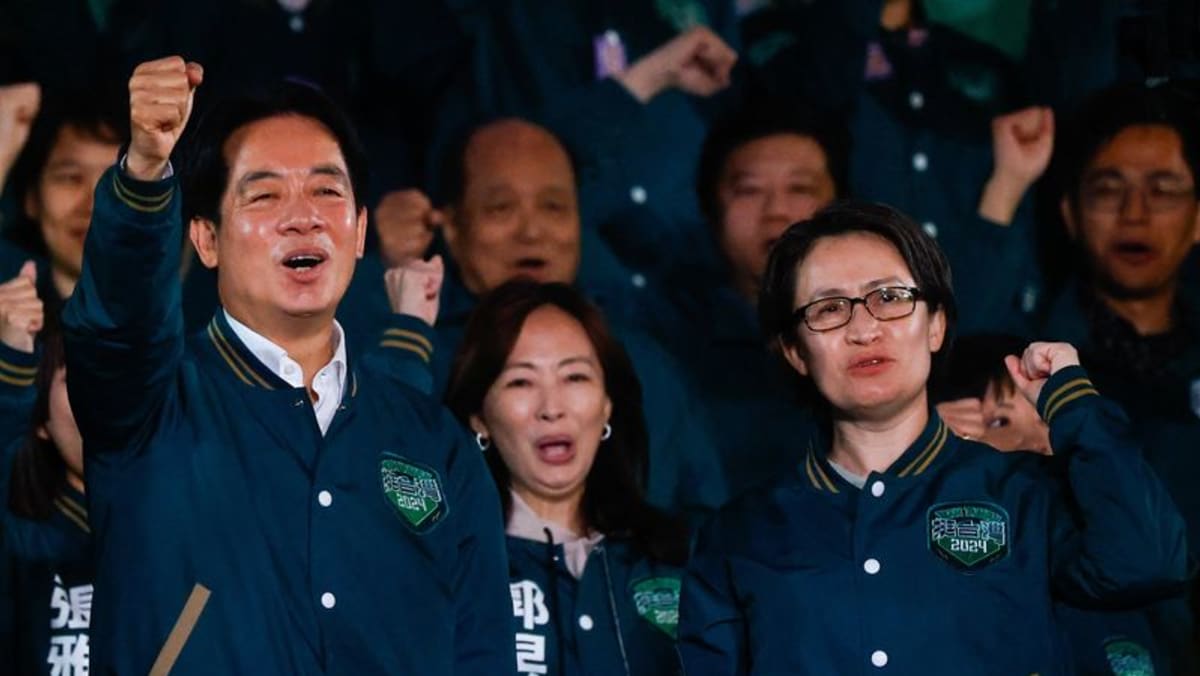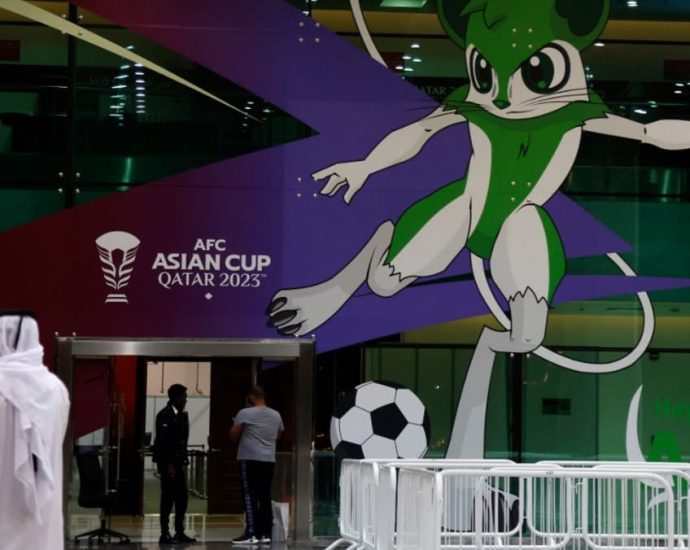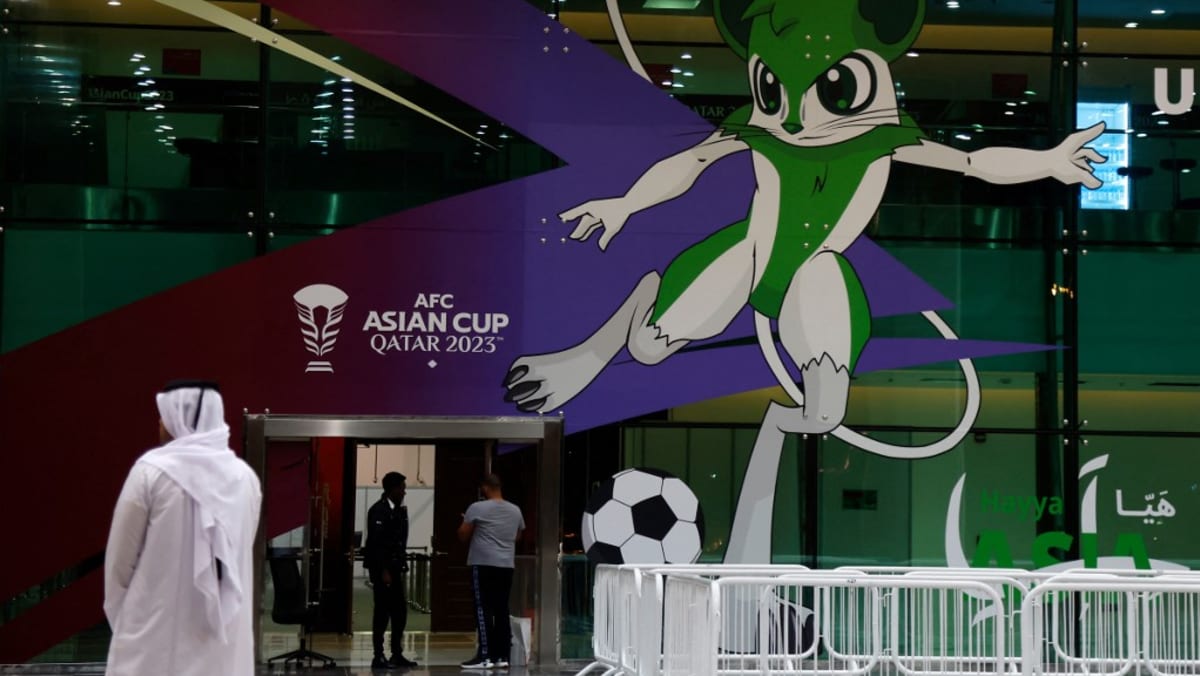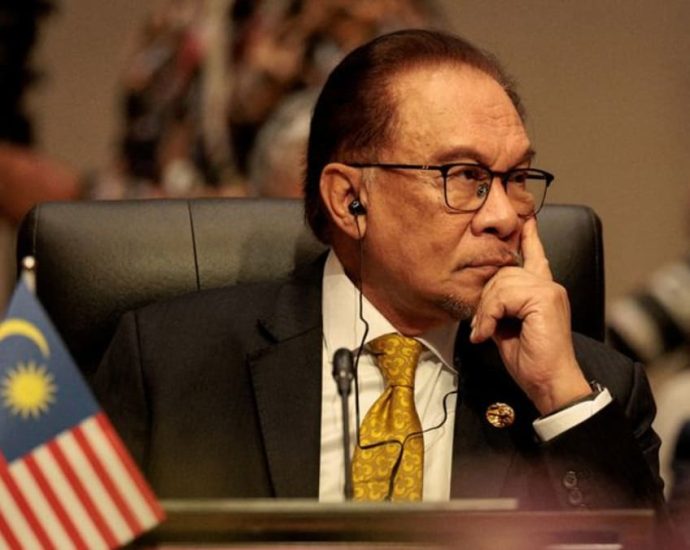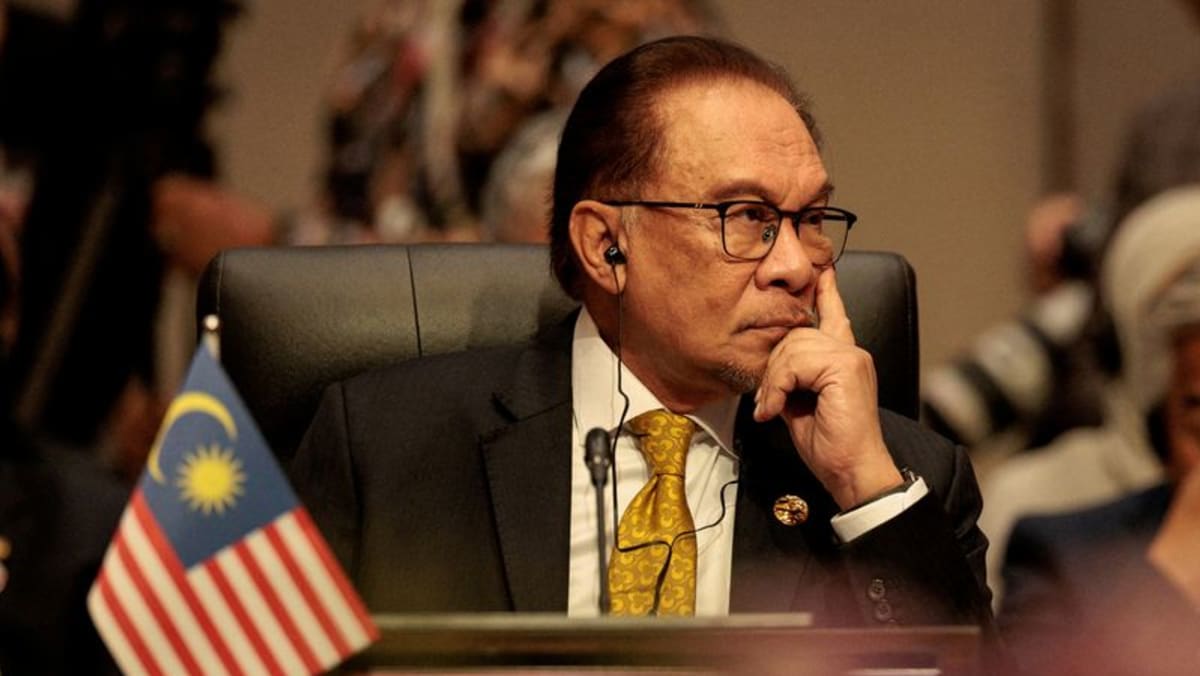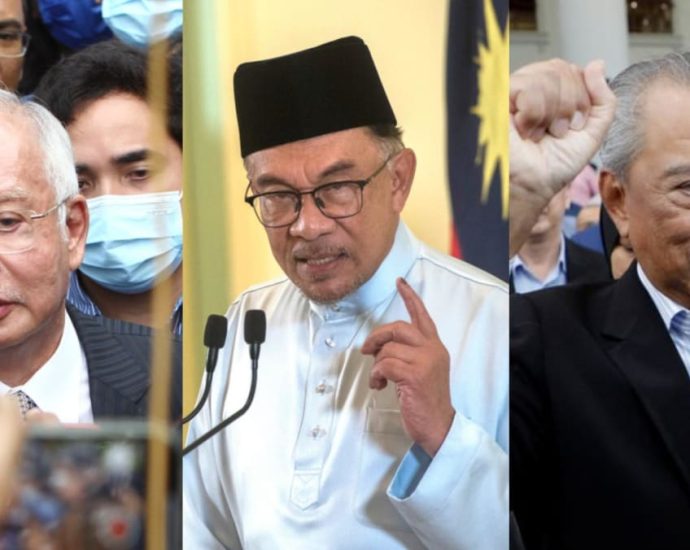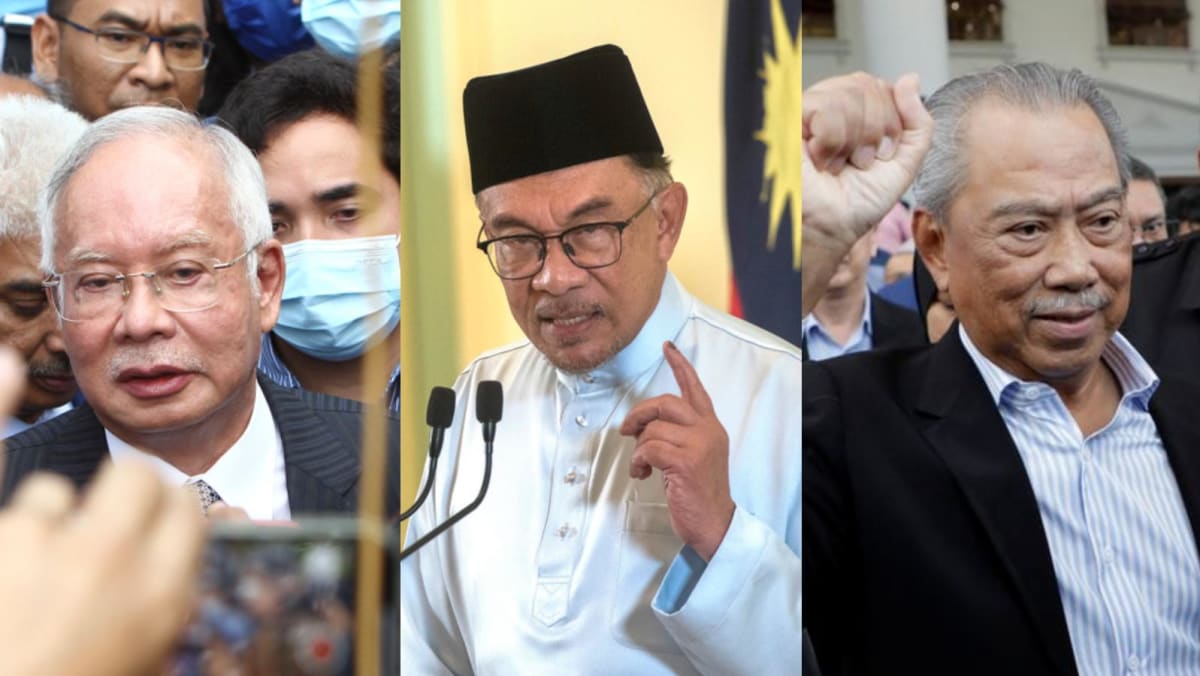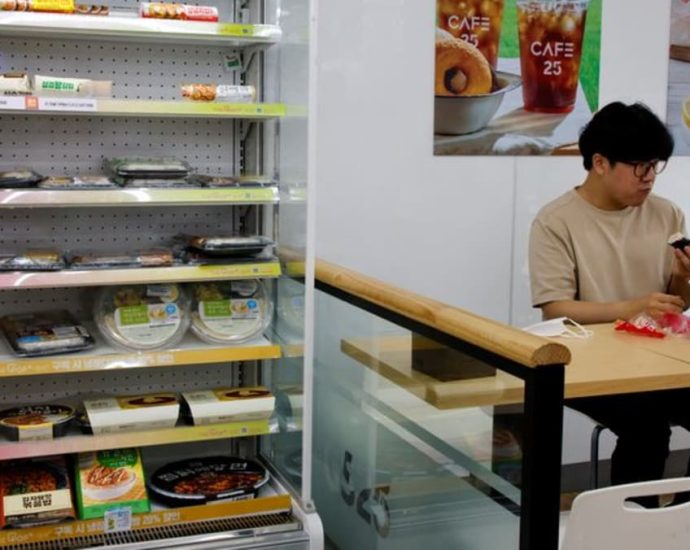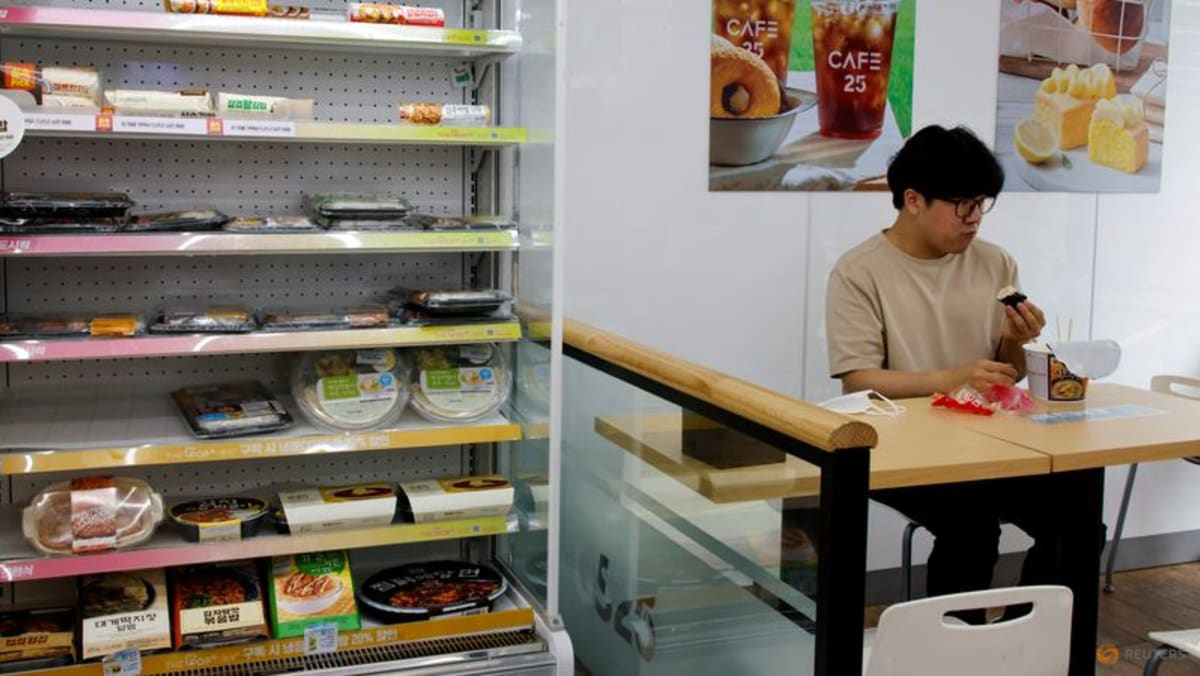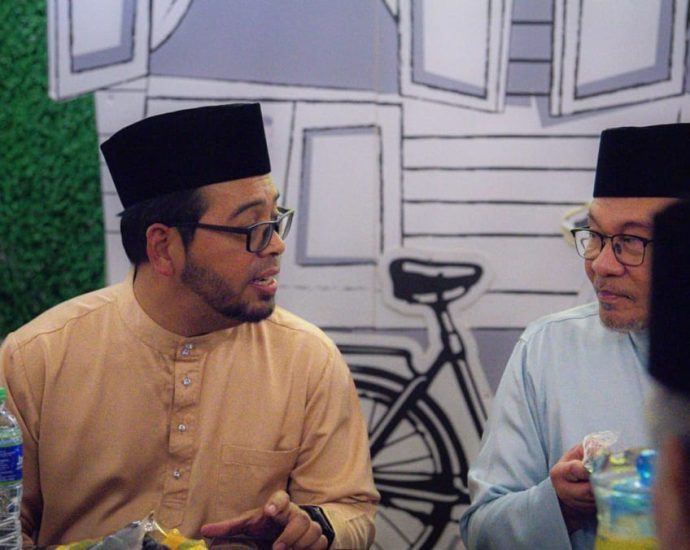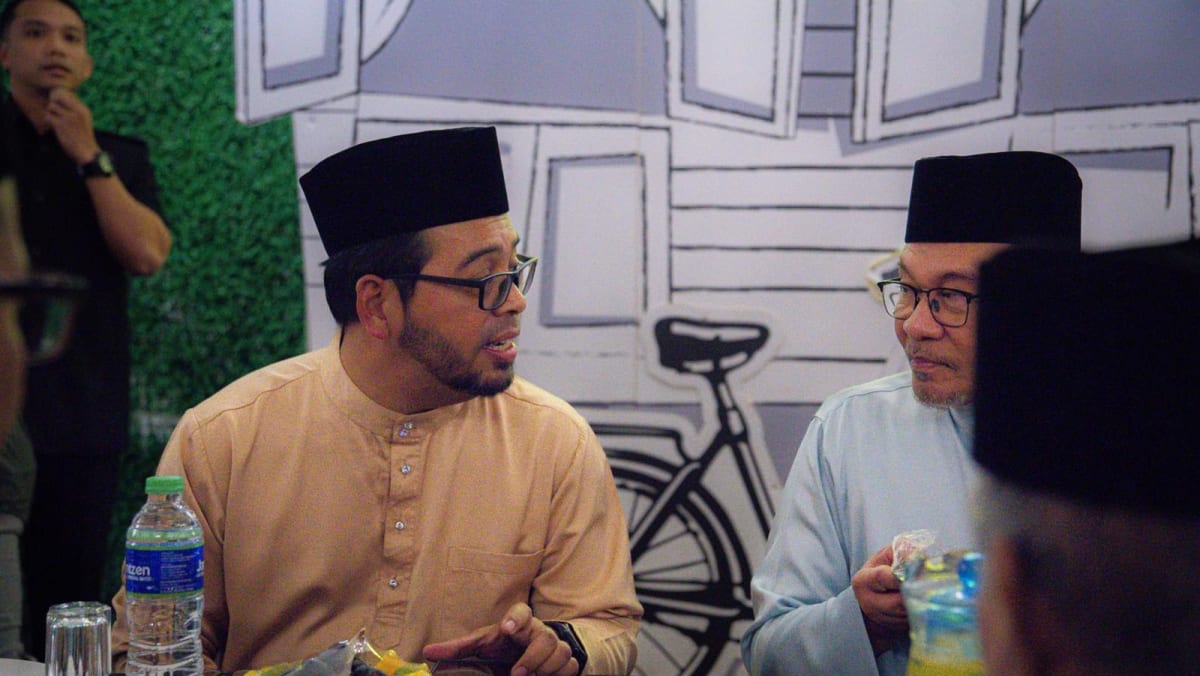Commentary: Modi, the Maldives and the battle of the beaches

BATTLE FOR TOURISTS
India’s outbound tourism is expanding along with its economy, and it was the largest source of visitors to the Maldives last year. So what Modi says – or in the case of Lakshadweep, hints at – matters.
In the Maldives, officials saw the posts as an attempt to divert tourists from its own beaches. A trio of deputy ministers posted derogatory remarks mocking Modi’s attempts to promote Lakshadweep and demeaning Modi, including for his support of Israel.
The comments created a furore in India, which summoned the Maldivian envoy for a dressing down. The three officials have deleted their posts and been suspended.
Modi’s legions of online supporters rallied, using hashtags such as #BoycottMaldives and #ExploreIndianIslands. Indian business, often keen to curry official favour, chimed in: The Indian Chamber of Commerce’s Aviation and Tourism Committee asked trade groups to stop promoting the Maldives in light of “anti-India feelings” voiced by Maldivian officials. Booking agent EaseMyTrip said it was suspending bookings to the destination and published ads to that effect, with the slogan “Nation First, Business Later”.
The escalating spat has alarmed some Maldivians. “If the intention of the Indian government … was to irritate the Maldives or give a signal that ‘we too have islands and can destroy your tourism’, that’s not how states conduct relations,” says Mohamed Munavvar, a former attorney-general of the Maldives.
Munavvar, a former opposition party head, also criticised Muizzu’s response as “very immature”, adding that “India is a big country and our closest neighbour, to whom we have to turn in emergencies, and they have the right to develop their islands”.


